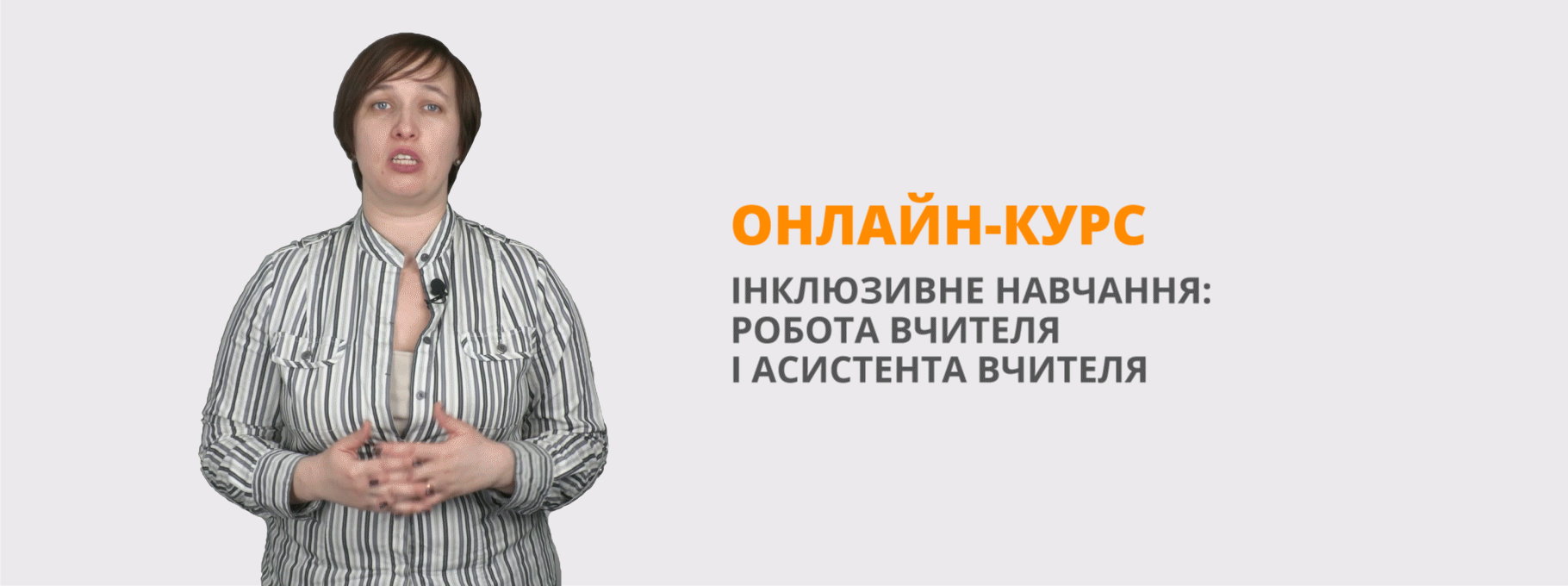Урок. Тема: "Розклад уроків"
Topic: Timetable
Lesson Objectives: to develop pupils' reading, speaking and listening skills; to activate the information and vocabulary on the topic; to develop pupils' communicative skills; to teach pupils to work in pairs and individually.
To develop pupils' curiosity and interest to the foreign language and have them understand the importance of having good command of English.
Materials and equipment: books, copy-books, laptop for listening music, cards for work in pairs, individually, evaluation sheets, coloured pencils
Procedure
I.Introductory part.
Good morning children! How are you?
What lesson was before English? Have you got any marks? Did you like it? (Pupils' answers)
Warming-up.
A game “Snowball”. I start with the sentence “At school we learn mathematics.”
P1. At school we learn Mathematics and English.
P2. At school we learn Mathematics, English and History. (P1-P2-P3-P4-P5…)
II. Main part.
Today we are going to speak about your timetable and school subjects. By the end of the lesson you'll improve your skills in listening, speaking and reading and extend active and passive knowledge of vocabulary. You should be able to speak about your timetable and your subjects at school. But at first let's check up your hometask.
Ex.1p.163(a) Look at the pictures and say what school subjects they have on these days of the week.
Work in pairs. (ex.1p.163(b)) Talk about school subjects you have got in your timetable.
Game ”Pantomime”.(Teacher puts cards with the names of subjects . Class is divided into two teams. The participants of each team go to the table, take card in turn and with the help of gestures try to show what school subject it is. The members of the teams have to guess it. That team that has got more points will be the winner.)
“A Minute of Relaxation”. (Pupils listen to music and do some physical exercises)
Raise your hands high in the air,
At your sides, on your hair.
Raise your hands as before
While you clap: one, two, three, four.
I put my hands upon my hips,
I turn myself around.
I raise my hands above my head
And then I touch the ground.
Convesation lab.Ex.2p.164.
Work in pairs. Look at the pictures. Ask and answer the questions about the pupils' favourite school subjects.
Ex.3p.165.Read the sentences and say whose these words are. (Pupils one by one read the sentences).
Teacher: Now tell about your favourite subjects and subjects you don`t like following the model.
Model: My favourite subject at school is…… I am interested in it because it is very… … We usually … … …, … … in this lesson. The teacher is a very… … person. I don`t quite like… …, as it is boring and not interesting for me. I am not good at….
III. Summing up.
Teacher: Friends, our lesson is coming to an end. I am sure we`ve managed a lot today. What do you think? What was interesting and easy for you? Which activity at the lesson did you like the most?
Evaluation.
Teacher gives pupils evaluation sheets and they have to paint circles green, yellow or red opposite activities which were at the lesson. Green means, “Everything was clear at the lesson”. Yellow means, “It is difficult for me but I have done it.” Red means, “Help me! I don't understand material at all.”
Hometask. Pupils have to do ex.5p.166.


про публікацію авторської розробки
Додати розробку
